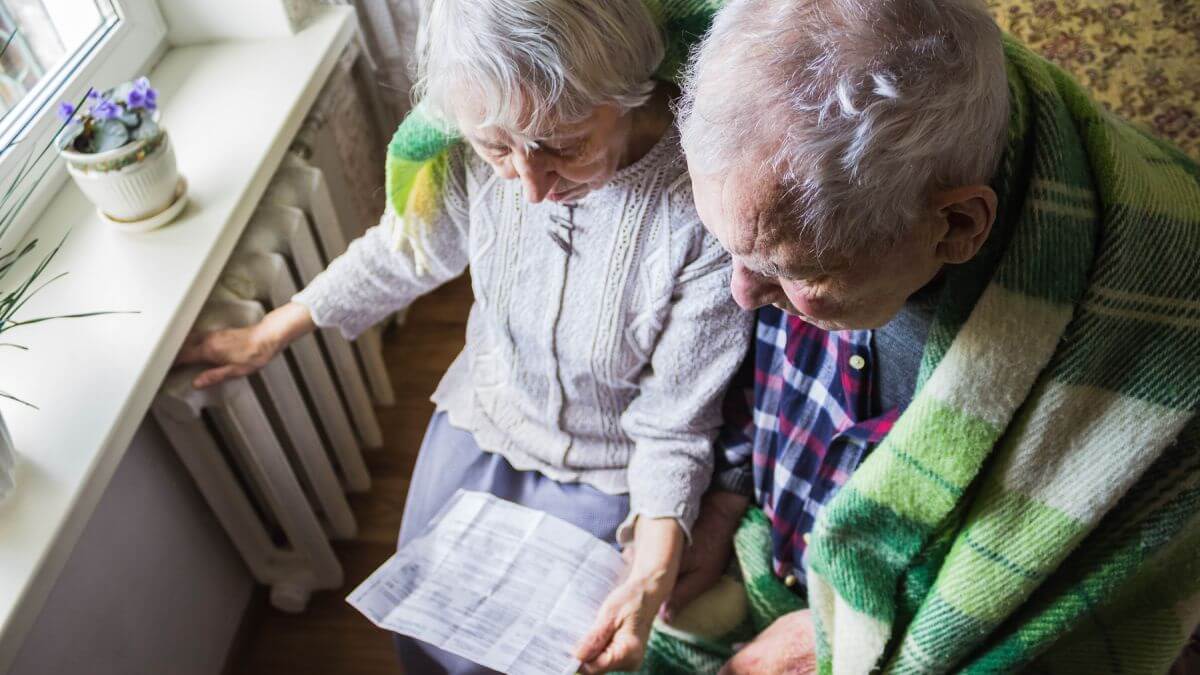Ben Phillips, Australian National University
The 2023 Federal Budget has a strong emphasis on the cost of living, with a $14.6 billion plan designed to help Australians who are “under the pump”.
The headline measure is a $40 per fortnight increase in the JobSeeker payment. But it also includes expanding the eligibility for Parenting Payment (single), providing a moderately more generous JobSeeker payment for those aged between 55 and 60 and a 15 per cent increase to Rent Assistance.
These measures on an annual basis put around $2 billion a year into low and middle income families. Of these, 95 per cent go to low and middle income families and around 70 per cent go to the lowest 40 per cent.
But despite the investment, my analysis shows they will not make a significant difference to poverty in Australia.
What is the increase in the welfare spend?
There are a range of other measures such as an energy rebate, age care worker pay increases and health-related benefits such as Medicare changes that will also assist lower income households. However, the focus of this piece is on permanent changes to the tax and cash welfare system from this Budget.
While the welfare payment increases are welcome, they represent a less than 2 per cent increase in the welfare budget each year. As such, they can only be expected to make a small impact on the living standards of the lowest income households and only a very modest impact on poverty.
The federal government’s Economic Inclusion Advisory Committee found an increase in the JobSeeker payment of around $256 per fortnight was required to bring the payment in line with 90 per cent of the Age Pension.
The $40 per fortnight increase is only 16 per cent of that recommended increase. So the increase in this year’s Budget falls well below what the committee found was required to significantly improve adequacy of the payment.
The Budget does go much harder for single parents, by raising the age at which the parenting payment cuts out from 8 to 14. This was very close to the committee’s finding on the level of JobSeeker payment for this group.
It also said a substantial increase in Rent Assistance was required, given the many years of indexation that did not keep up with low income rents.
This Budget provides a modest, rather than substantial increase. However, a 15 per cent increase is still very welcome.
What happens to poverty?
The Budget provides around $1.5 billion per year in increases to working-age payments compared to the committee recommending around $5.7 billion per year. This leaves the government substantial work to do to bridge the significant gap that exists between JobSeeker and the Age Pension.
When we take all the budget measures into account, the poverty rate in Australia lowers fractionally from around 13.6 per cent to 13.3 per cent of the population (lifting around 80,000 people out of poverty).
Of more interest perhaps is poverty for specific lower income households. For those households whose main source of income is JobSeeker their poverty rate remains at 86 per cent.
Their poverty gap does shift down by 10 per cent from around $10,500 to $9400 per annum on a per adult basis. But they are so far below the poverty line, this Budget doesn’t do enough to shift them out of poverty.
The other group to shift on poverty is single parents. The poverty rate has shifted down from 34.2 per cent to 30.8 per cent. Their poverty gap has lowered from $2171 to $1818 per year – a reduction of 16 per cent. Renters will also experience a modest reduction in their poverty rate from 29.6 per cent to 28.6 per cent.
When you look the Budget, it is evident that making significant inroads to poverty is not cheap. This Budget makes a useful start and probably the best seen in many years. But future budgets will need to push much harder to make a more significant difference to poverty and cost-of-living pressures for those in greatest need.
Do you think the 2023 Budget will make a difference to you? What changes would you make? Why not share your opinion in the comments section below?
Also read: Social media reaction, what Aussies really think about the Budget
Ben Phillips, Associate Professor, Centre for Social Research and Methods, Director, Centre for Economic Policy Research (CEPR), Australian National University
This article is republished from The Conversation under a Creative Commons licence. Read the original article.


As a pensioner the one off electricity $500??? (depends on your State) will help some this winter, then its back to increases for how many years to come?